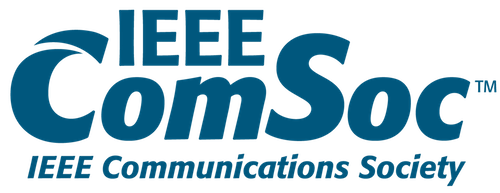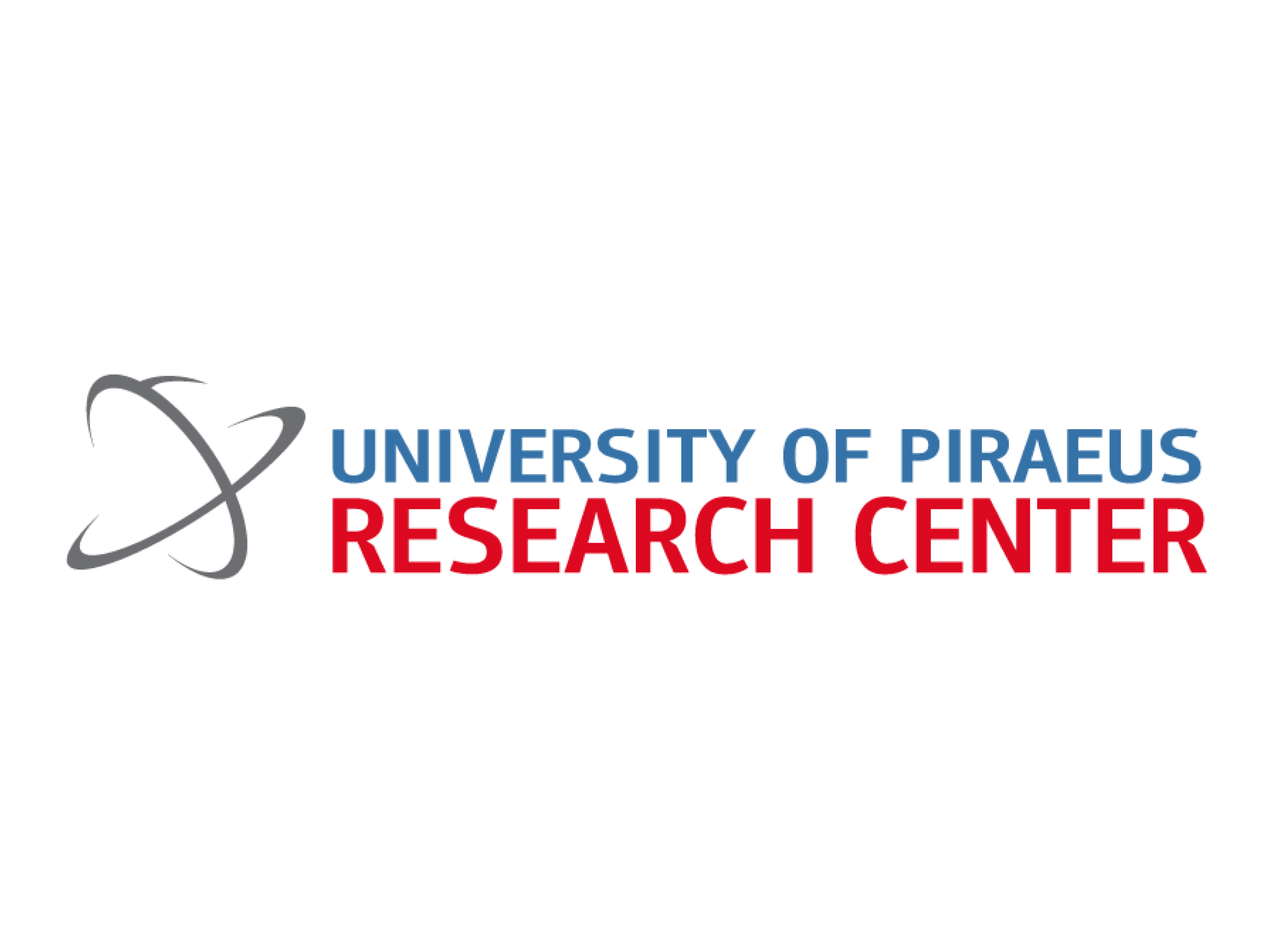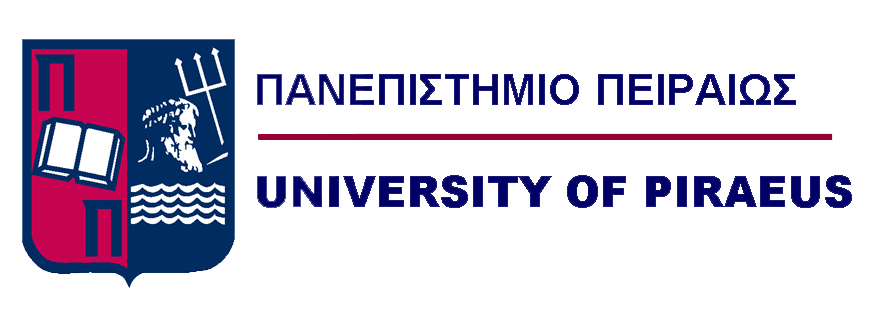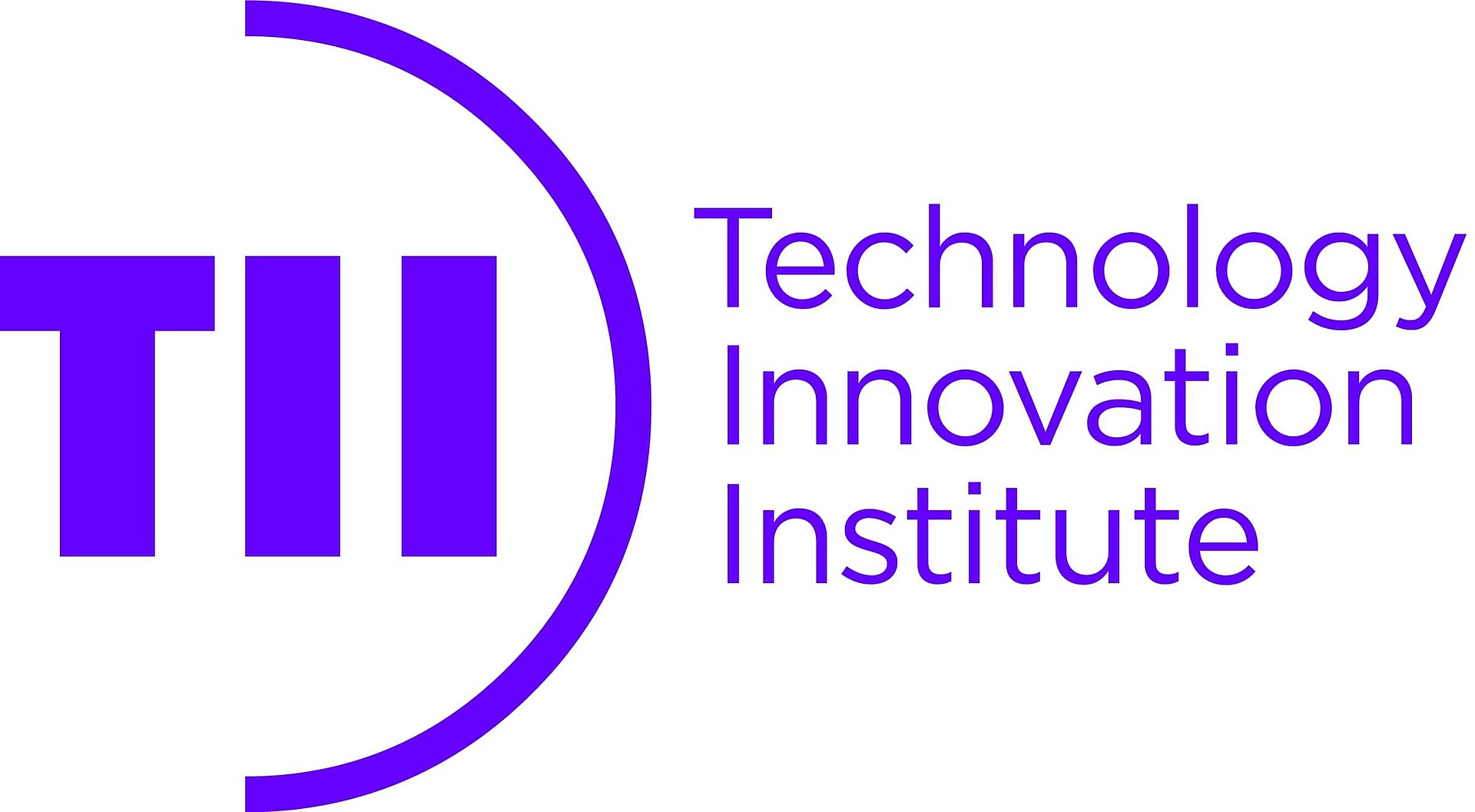Resource Optimization in Next-Generation IoT and Networking Environments
Scope of the papers
The rapid expansion of the Internet of Things (IoT) and next-generation networking environments has introduced significant challenges in resource allocation, energy efficiency, and communication reliability. With the increasing number of connected devices, optimizing computational and networking resources is crucial to ensure seamless and efficient IoT operations. Resource optimization techniques play a pivotal role in addressing constraints related to energy consumption, bandwidth limitations, latency reduction, and adaptive data management across heterogeneous IoT networks, such as wireless sensor networks. Artificial Intelligence (AI) and Machine Learning (ML) have emerged as key enablers in tackling these challenges by facilitating intelligent resource allocation, dynamic network adaptation, and predictive analytics for improved decision-making. AI-driven techniques enhance network performance by dynamically adjusting connectivity protocols, optimizing routing strategies, and managing workload distribution among edge, fog, and cloud computing layers. Furthermore, AI-based predictive maintenance enables proactive fault detection and anomaly mitigation, reducing downtime and operational costs. The evolution of energy-efficient IoT solutions, ultra-low power communication technologies, and novel networking paradigms, such as Software-Defined Networking (SDN) and Network Function Virtualization (NFV), are critical for sustainable IoT deployments. This Special Session aims to present the latest advances in resource optimization methodologies for next-generation IoT and networking environments, with a particular emphasis on theoretical advancements and real-world implementations. Topics of interest include, but are not limited to:
- AI/ML-driven resource allocation and optimization in IoT and edge computing
- Energy-efficient networking and communications for IoT and WSNs
- Energy consumption modeling and optimization in WSNs
- Distributed and federated learning for IoT resource management
- Dynamic placement and orchestration of applications in Multi-access Edge Computing (MEC)
- Edge, fog, and cloud computing integration for resource-efficient IoT
- Emerging low-power IoT communication protocols and standards
- Intelligent sensor networks and adaptive data transmission
- Self-organizing networks and dynamic routing for IoT
- Network slicing and Quality of Service (QoS) in IoT environments
- Security and privacy considerations in resource-constrained IoT systems
Submission Guidelines
Full Papers: Submissions should present original research that has not been published or is not under review elsewhere. Papers must not exceed five pages. Accepted full papers will be published in IEEE Xplore.
Short Papers and Extended Abstracts: These submissions should be no longer than two pages and should demonstrate the potential for engaging discussions and valuable insights. Short papers and abstracts will NOT be included in the conference proceedings but will be part of the conference discussions.
Important Dates
- Paper submission deadline: May 4, 2025
- Notification of acceptance: May 14, 2025
- Camera-ready papers due: May 29, 2025
Organizers and Chairs
- Konstantinos Oikonomou, Ionian University, Corfu, Greece
- Georgios Tsoumanis, Ionian University, Corfu, Greece







